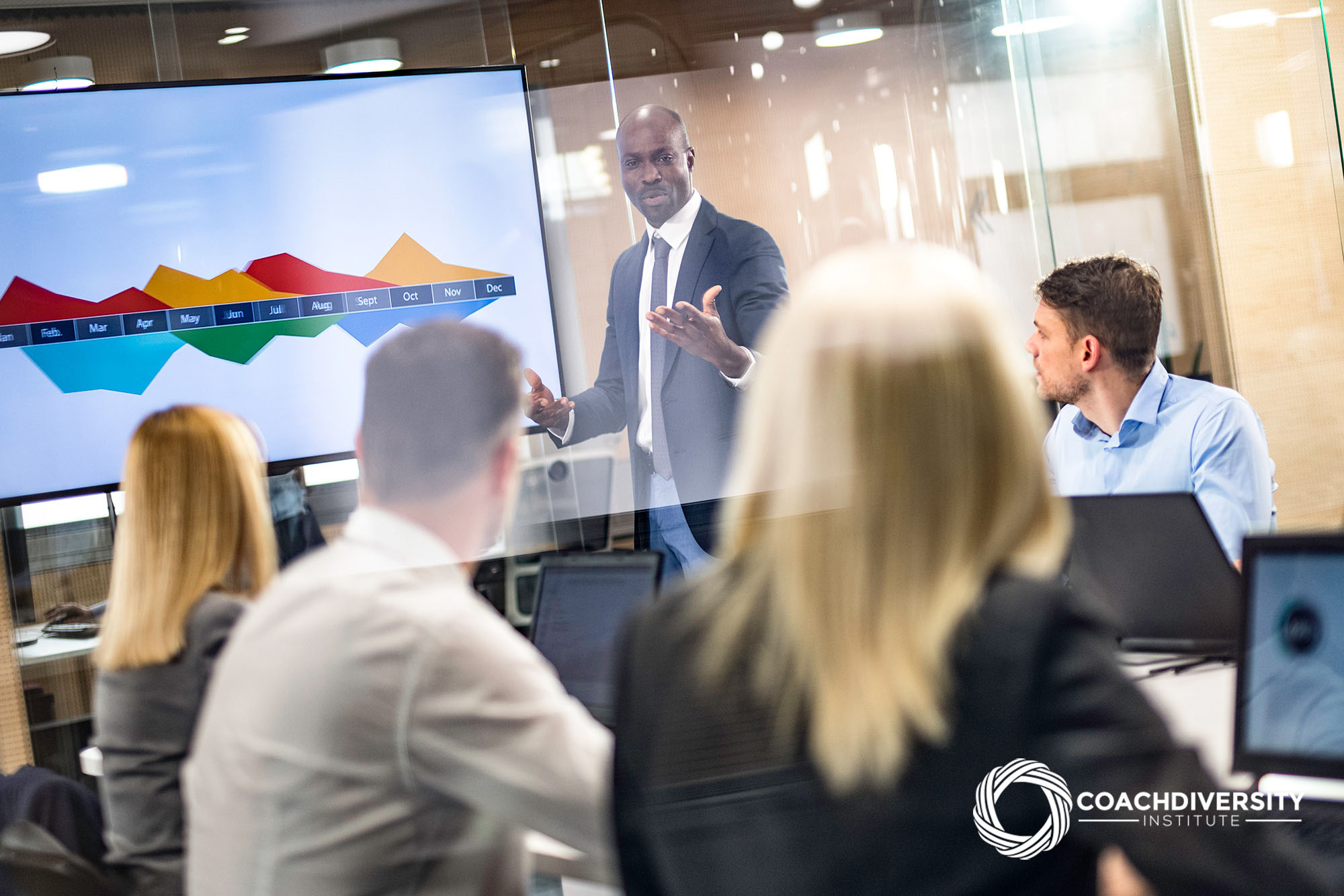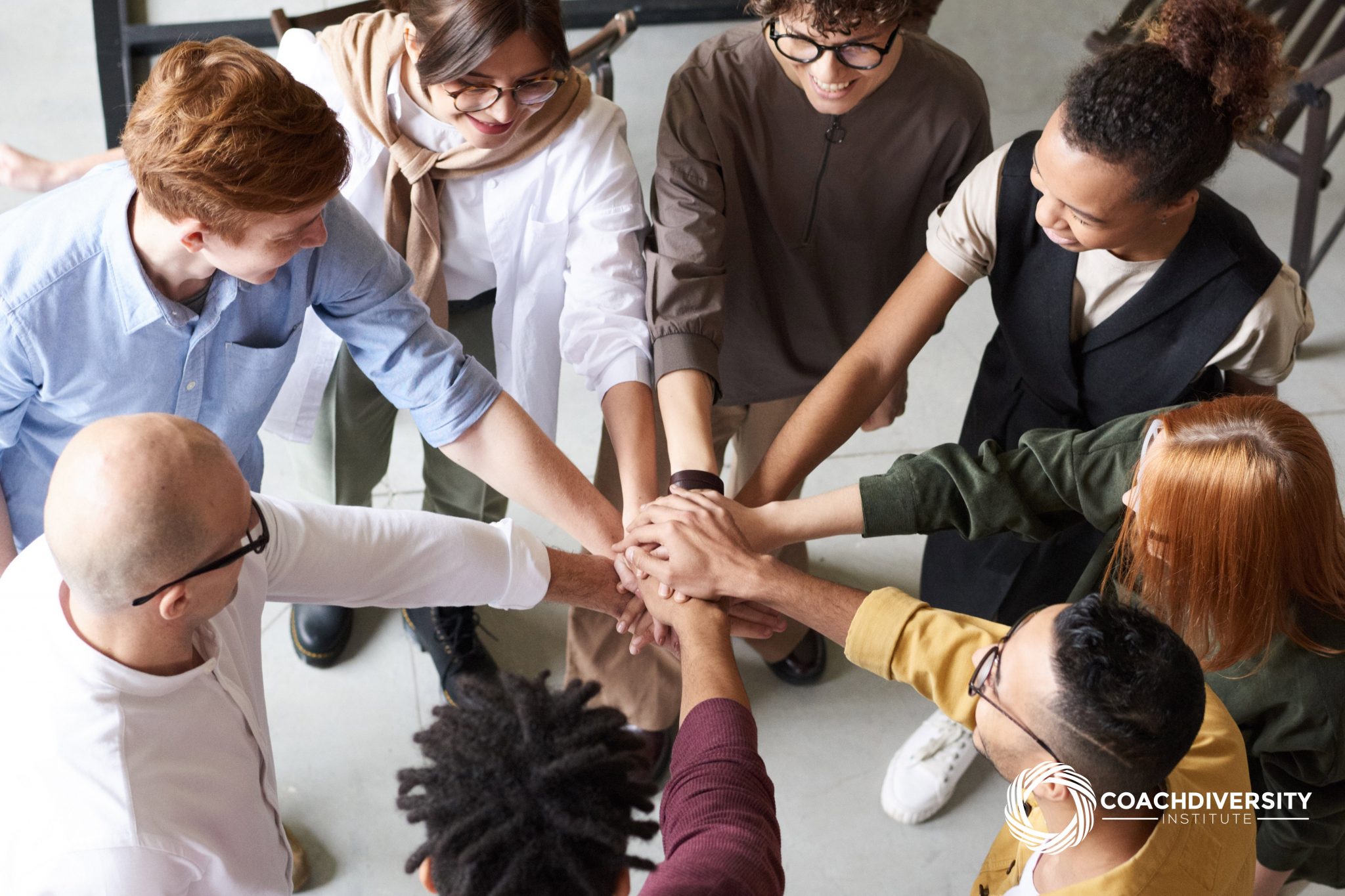Unconscious Bias Training
It is impossible to overcome a learned yet damaging inadvertent behavior unless it is brought to awareness. That is the problem with unconscious bias. Left unchecked, it can impede diversity, escalate attrition, impact recruitment decision-making, hamper employee development, and result in toxic workplaces. It calls for sound education on unconscious bias to help people realize their shortcomings and strive to foster an inclusive and better work environment.
What is unconscious bias?
Meeting someone new for the first time naturally makes people form opinions based on their ethnicity, sexual orientation, age, etc. This feeling, referred to as unconscious bias, encompasses prejudices, stereotypes, and preferences that result in unfair favoritism or criticism of a person, groups of people, or a thing.
Unlike conscious/explicit bias, where the unfair favoritism or criticism is straightforward, unconscious/implicit bias is hidden and often unrecognizable unless enlightened. Nonetheless, both of these discriminatory behaviors lead to negative impacts.
For instance, when YouTube launched its iOS application to upload videos, about 5 to 10 percent of videos were streamed upside-down. Google developers were baffled and wondered how numerous users shot their videos incorrectly.
This unconscious bias, later on, proved that the fault was not with those who shot and uploaded the videos, but rather the developers. The early design was built keeping the right-hand mobile users in mind. Therefore, when the left-handed users shot the videos on their phones (rotated by 180 degrees), their videos turned upside-down.
Google confessed in its newsroom that without realization, they had created an app that worked best for their almost exclusively right-handed developer team. Their own bias blamed their user base—it was unintentional, but the damage was done.
These implicit biases can be seen in various operating environments. Since they are unconscious actions, organizations must take initiatives to endorse implicit bias training sessions and raise awareness of implicit prejudices with strategies to combat them.

The Importance of Unconscious Bias Training
Unconscious bias is primarily influenced by a person’s background, beliefs, culture, and experiences. It can affect people-related decision-making—across recruitment, promotions, project assignments, etc. Unrestrained, it can sap an organization’s ability to innovate by making the workplace less inclusive.
Unconscious bias training programs are needed in the first place to help people become conscious of exhibiting unconscious biases. It allows employees to temper their biases, appreciate, and learn from their colleagues’ differences in positive ways.
There are various types of biases and the most commonly seen implicit biases across organizations are:
- Gender bias
- Racial bias
- Similarity bias
- Experience bias
- Attribution bias
- Expedience bias
These unconscious biases can seep in like slow poison and impair interactions both inside and outside the workplace, and the statistics of its prevalence are shocking.
- 42% of people believe that men make better business executives than women.
- The unemployment rate for people with disabilities is more than five times higher than for those without disabilities.
- Resumes with older-sounding names are most of the time least likely to be considered for a job than similar resumes with modern-sounding names.
- Anticipating ethnic or racial bias, 60% of employees from Asian, Black, Latinx, and multiracial backgrounds report they exercise caution in their workplace and assert their subjection to emotional tax.
Behind these data points, several real-life case scenarios have jeopardized conducive work environments. A suitable case study can be drawn from Starbucks.
In April 2018, a Starbucks store manager displayed unconscious racial bias against two African American entrepreneurs in a Philadelphia store. While they were waiting for a local businessman to join them, the manager dictated they place an order or leave. When the entrepreneurs did neither, the store manager called 911, and police arrested them.
Organizations must employ unconscious bias training to prevent or minimize such incidents against minority groups. That’s what the Starbucks leadership did after the disturbing event. They closed all 8,000 of their stores in the US for half a day to mentor their workforce on implicit bias focused on race.
It would take time and effort to overcome these unconscious biases. Therefore, organizations must ensure to not only conduct the awareness sessions but also carry out evaluations, routine assessments, and systematic reviews to maintain their effectiveness.
Who benefits from this training?
At CoachDiversity Institute, we impart unconscious bias training, multicultural education, diversity training, LGBTQ awareness, and diversity, equity, and inclusion (DEI) subject matter to enable visionary leaders and organizations to build a healthy work culture.
Our curriculum is beneficial for human resource officers, social workers, management consultants, diversity officers, learning and development departments, and other individuals and organizations who want to break traditional barriers and promote cultural diversity.
Through these lessons, corporations, healthcare institutions, Fortune 500 companies, US military, universities, non-profit organizations, government departments, and leading executives will discover all they need to learn to create a culture of inclusion that can improve success.
Undertaking our certification programs will help you:
- Lead inclusively.
- Become a certified coach to mentor different groups of clients.
- Become a certified consultant to design and instill diversity education modules in organizations.

Choose the right learning path for you or your team
CoachDiversity currently offers three certification programs for individual development on DEI.
- Associate Diversity Coach (ADC)
- Certified Professional Diversity Coach (CPDC)
- Advanced Coaching Certification (ACC)
CoachDiversity also offers industry-specialized curriculums tailored for organizations and one-on-one executive coaching.
Corporate: Higher profitability and innovation are seen in diverse work spots. Our syllabus will help leaders embrace differences, build stronger teams, and nurture healthier conflicts.
Non-profits: We empower forward-thinking non-profit and community leaders to become resilient and resourceful. Our subjects will enlighten them on how to avoid internal conflicts to instead concentrate on tackling issues related to diversity, equity, and inclusion head-on, and successfully strive toward accomplishing their mission.
Government: Civil rights and law enforcement must be unbiased. Our DEI coaching for government personnel—police force and federal institution staff—helps eliminate disparities, makes government employees feel welcome, and the public, respected.
All our Coach-Approach education is offered to employees in individual, small, and large groups at all levels of an organization, with a custom selected coach to ensure an impactful pairing with each client.
Our coaching curriculum is accredited by the International Coaching Federation (ICF), and participants who undertake the lessons understand, recognize, and address biases. This leads to greater accountability and deeper conversations and relationships.
Our clients have seen improved and sustainable DEI results and employee engagement and retention. Teams who went through these coaching lessons innovate more, adapt to change, and ensure organizational alignment and resilience.

Master implicit bias with thorough education from CoachDiversity Institute
At CoachDiversity Institute, our certification curriculum is based on three principles: Experiential, outcomes-focused, and growth and accountability. These simple yet powerful principles are consistent with meta-analysis about the most effective ways of learning and behavioral changes in adults. Using this strategy in our implicit bias education, we make diversity and inclusion so relevant that our clients execute it with ease and proactively avoid the historical roadblocks.
Following the murder of George Floyd and other such disturbing events rooted in bias, organizations are diligently promoting awareness—and it is for good reason. Recruitments, performance reviews, promotions, disciplinary actions, and various other elements of workplaces are tainted with unconscious bias. This, in turn, is not just affecting internal interactions but also straining customer, vendor, partner, and association member relationships.
Although implicit bias is prevalent, organizations can now increase awareness and understanding of unconscious bias with CoachDiversity.
Our curriculum can help set the foundation of unconscious bias training and cater to improvement down the road.